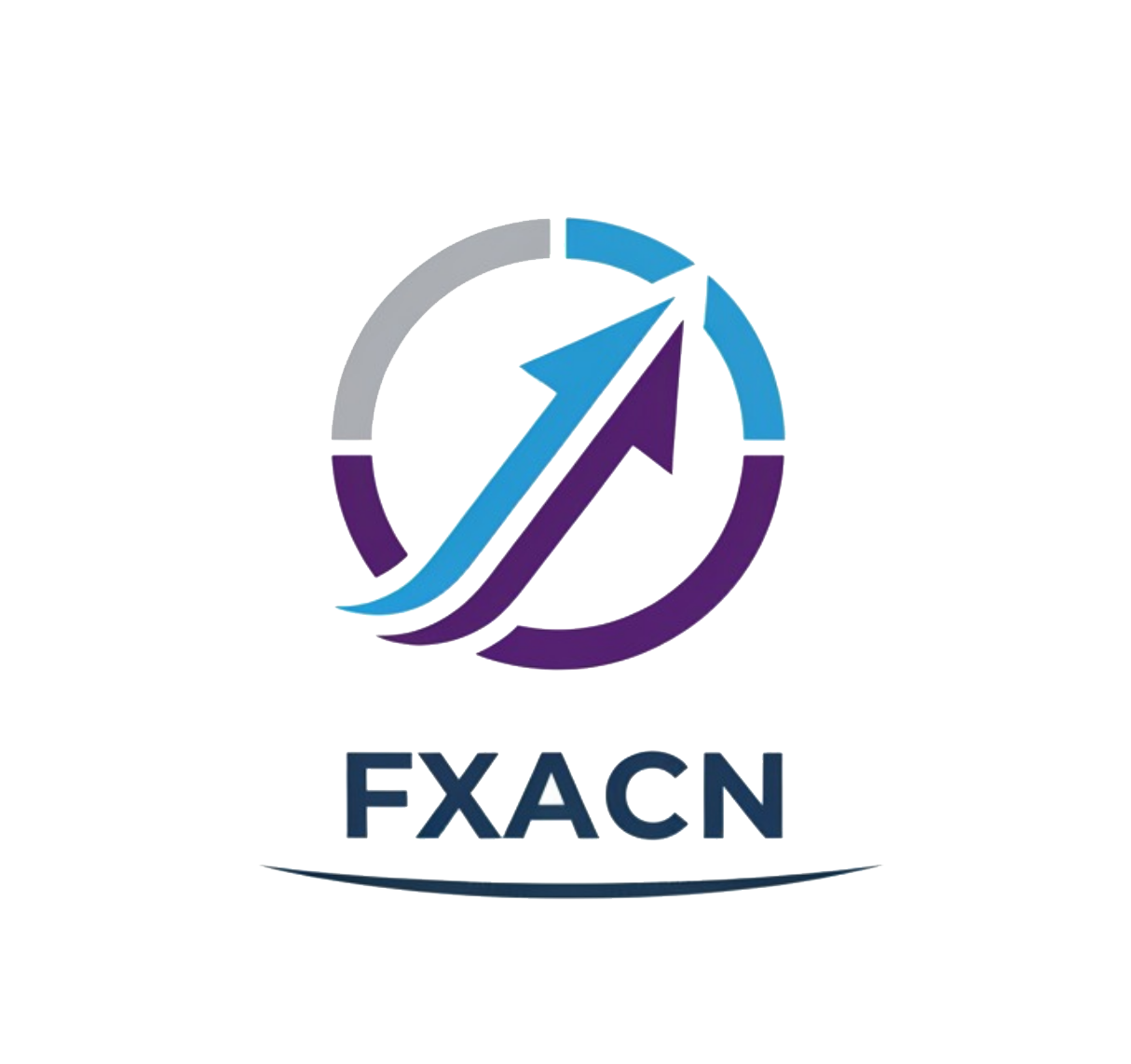Introduction
Opofinance has emerged in the forex market as an online broker offering trading access across various asset classes, including forex, commodities, and cryptocurrencies. As with any forex broker, traders are encouraged to exercise caution and conduct thorough research before investing. The forex market is rife with both legitimate and rogue brokers, making it crucial for traders to ensure they partner with respectable entities. This article investigates if Opofinance can be classified as a safe trading platform or if it exhibits characteristics typically associated with scams. Our evaluation includes an analysis of regulatory compliance, operational history, trading conditions, customer reviews, and overall experiences, thereby providing a comprehensive overview of Opofinance’s legitimacy.
Regulation and Legitimacy
An essential aspect influencing the trustworthiness of any forex broker is its regulatory status. Regulation serves as a protective framework ensuring brokers adhere to industry standards and ethical practices. For Opofinance, the broker is registered under the Seychelles Financial Services Authority (FSA), which provides a license that is often viewed as one of the less robust due to its offshore nature. Below is a table summarizing the key regulatory information for Opofinance:
| Regulatory Body | License Number | Regulatory Region | Verification Status |
|---|---|---|---|
| FSA | SD 124 | Seychelles | Offshore License |
While the FSA provides a regulatory framework, it does not offer the same degree of investor protection as top-tier regulators like the FCA (UK) or ASIC (Australia). Specifically, the FSA is considered somewhat lenient in its regulatory oversight, allowing brokers to obtain a license without undergoing the rigorous compliance testing expected in jurisdictions with stricter regulations. Furthermore, though Opofinance claims membership in the Financial Commission, whose mandates include basic trader protection, this does not substitute for robust regulatory requirements. Consequently, is Opofinance safe? The evidence suggests that its regulatory environment may not offer adequate protections, raising significant concerns for potential users.
Company Background Investigation
The trustworthiness of a broker also hinges on the transparency of its operations and the history of its management. Opofinance was established in 2021, operating under the umbrella of Opo Group Ltd., headquartered in Seychelles. The relatively short operational history has raised questions regarding its credibility.
The company professes to have a management team with substantial experience in the financial sector, yet detailed backgrounds on these individuals remain vague. This lack of transparency makes it challenging for potential clients to evaluate the team’s professional qualifications or the organization’s operational integrity. Additionally, while the company provides basic information about its ownership structure, comprehensive disclosures regarding any affiliated entities or substantial shareholders have not been readily available.
Overall, while the location in Seychelles could allow for operational agility, it inherently raises red flags about credibility and transparency, causing concern for traders wondering: is Opofinance safe? Adequate due diligence should be exercised before engagement.
Trading Conditions Analysis
Opofinance offers various trading accounts, each tailored to different trader profiles. The broker’s fees and commissions are essential metrics that determine its overall cost-effectiveness. Charging competitive spreads can enhance the trading experience; however, a lack of transparency concerning fees can further complicate trader trust.
The following table outlines the cost structure for trading with Opofinance:
| Fee Type | Opofinance | Industry Average |
|---|---|---|
| Major Currency Pair Spread | 1.8 pips | 1.5 pips |
| Commission Model | Varies by account type | $5-$7 per lot |
| Overnight Interest Range | Varies | Industry Norm |
The broker appears to charge competitive spreads for its trading accounts; however, some user reviews indicate instances of unexpected fees related to withdrawals and other operational transactions. Furthermore, the commission structure, while in line with industry standards, requires careful examination, as discrepancies can adversely affect profitability.
When traders contemplate whether Opofinance is safe, they must assess whether these cost structures might hide unfavorable policies. Comparatively, while yielding potential benefits, the espoused structure may not be favorable enough in a competitive trading environment.
Client Funds Security
The safety of client funds is paramount in evaluating any forex broker. Opofinance asserts that it employs various measures to safeguard traders’ capital, including segregated accounts to separate client funds from operational funds. Such measures are designed to enhance security and prevent misuse of assets.
However, the effectiveness of these measures remains to be seen, given that the broker operates under the umbrella of the FSA, a regulatory body with limited oversight capabilities. While Opofinance claims to offer a financial safety net via its membership in the Financial Commission—providing insurance for funds up to €20,000 per client—this coverage extends only within specific constraints and may not cover all circumstances related to fund loss.
Past incidents involving funds related to offshore brokers have been notable, creating a credibility crisis that aligns with concerns about whether Opofinance is safe. Without a verifiable history of maintaining secure client funds, potential users should remain vigilant and exercise due diligence in their decision-making.
Customer Experience and Complaints
Customer experiences can provide invaluable insights into a broker’s operational reliability. Community feedback for Opofinance has shown a mixture of experiences—the investor base reflects varying levels of satisfaction. Notably, common complaints include delayed withdrawals, issues with trading platform performance, and difficulties accessing customer support.
The following table showcases major complaint types, their severity, and the company’s responsiveness:
| Complaint Type | Severity | Company Response |
|---|---|---|
| Withdrawal Delays | High | Mixed |
| Customer Support Issues | Moderate | Slow |
| Trading Platform Errors | High | Varies |
For example, one user reported a prolonged withdrawal process that took over a week, while another cited difficulties in contacting support for urgent issues, impacting their trading activities negatively. As envisioned, these complaints raise critical questions surrounding the operational efficiency of the brokerage. Traders aiming to discern whether Opofinance is safe or potentially a scam should refer to this feedback seriously.
Platform and Trade Execution
The quality of trading platforms can significantly impact traders’ successes; thus, an assessment of Opofinance’s platform and execution metrics is essential. Opofinance offers MetaTrader 4 and 5, known for their user-friendly interface and comprehensive trading tools. Despite this advantage, reports of execution issues, such as slip during volatile market conditions and high rejection rates on orders, have surfaced. Such problems impede effective trading and raise concerns over operational authenticity.
Risk Assessment
Choosing a trading platform entails inherent risks. Opofinance’s infrastructure poses potential risks primarily due to its offshore origins and regulatory vulnerabilities. The accompanying risk assessment table outlines critical risks associated with utilizing Opofinance as a trading platform:
| Risk Category | Risk Level (Low/Medium/High) | Brief Explanation |
|---|---|---|
| Regulatory Compliance | High | Offshore regulation limits protection |
| Payment Processing | Medium | Delays and potential fees |
| Customer Support | Medium | Complaints about responsiveness |
Effective risk mitigation strategies when trading with Opofinance include selecting lower investment amounts initially, practicing on demo accounts thoroughly, and reviewing peer feedback on recent experiences.
Conclusion and Recommendations
Ultimately, whether Opofinance is safe depends on individual risk tolerance and knowledge of the forex landscape. While the broker offers various trading capabilities and competitive features, concerns over regulatory status, customer complaints, and platform performance necessitate careful consideration.
For traders prioritizing security and oversight, it may be beneficial to seek alternatives regulated by top-tier financial authorities, such as those under the FCA, ASIC, or CySEC. Brokers like FP Markets or Eightcap offer similar trading features while providing more comprehensive security measures. If you join Opofinance, remain vigilant, and ensure investments align with your risk management strategy.


